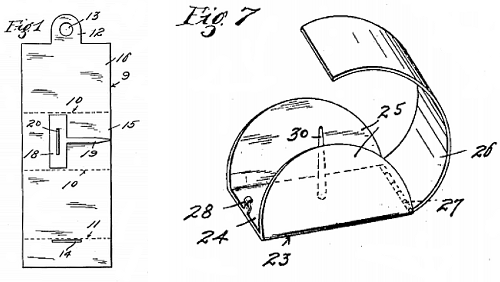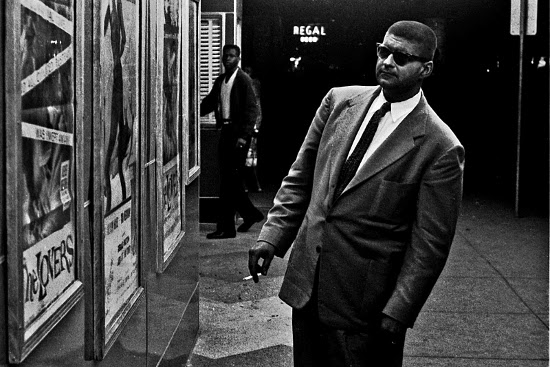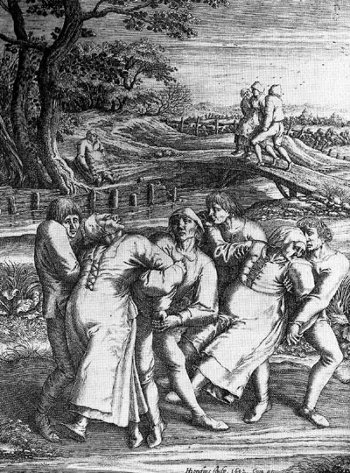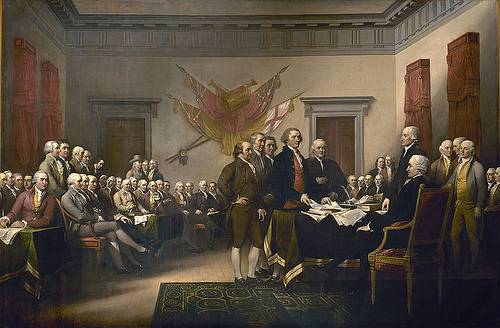
Life was so hard in Puritan New England that children who were abducted by Native Americans often refused to come back. Eunice Williams, abducted in 1704 at age 7, refused to leave the Kahnawake Mohawks despite her father’s pleas — he found she had forgotten the English language and adopted Indian clothing and hairstyle. “She is obstinately resolved to live and dye here,” he wrote, “and will not so much as give me one pleasant look.” The Mohawks were much more indulgent to children than the colonists, and women were counted equal to men and played an integral role in society and politics. Eunice married a Mohawk and lived with him for half a century.
A returned captive named Titus King reported that many young captives responded similarly: “In Six months time they Forsake Father & mother, Forgit thir own Land, Refuess to Speak there own toungue & Seeminly be Holley Swallowed up with the Indians.” In 1753 Ben Franklin wrote:
When an Indian Child has been brought up among us, taught our language and habituated to our Customs, yet if he goes to see his relations and makes one Indian Ramble there is no perswading him ever to return. … When white persons of either sex have been taken prisoners young by the Indians, and lived awhile among them, tho’ ransomed by their Friends, and treated with all imaginable tenderness to prevail with them to stay among the English, yet in a Short time they become disgusted with our manner of Life, and the care and pains that are necessary to support it, and take the first good Opportunity of escaping again into the Woods, from whence there is no reclaiming them.
A 14-year-old named James McCullough, who lived with the Indians for eight years, had to be brought back in fetters, his legs tied under his horse’s belly and his arms tied behind his back. Even so he escaped and returned to his Indian family. Children “redeemed” by the English often “cried as if they should die when they were presented to us.” The Indians freed children of the work obligations they faced in the colonies — boys hunted, caught fish, and gathered nuts; and girls cultivated corn but had no master “to oversee or drive us, so that we could work as leisurely as we pleased.”
(From Steven Mintz, Huck’s Raft: A History of American Childhood, 2004.)







